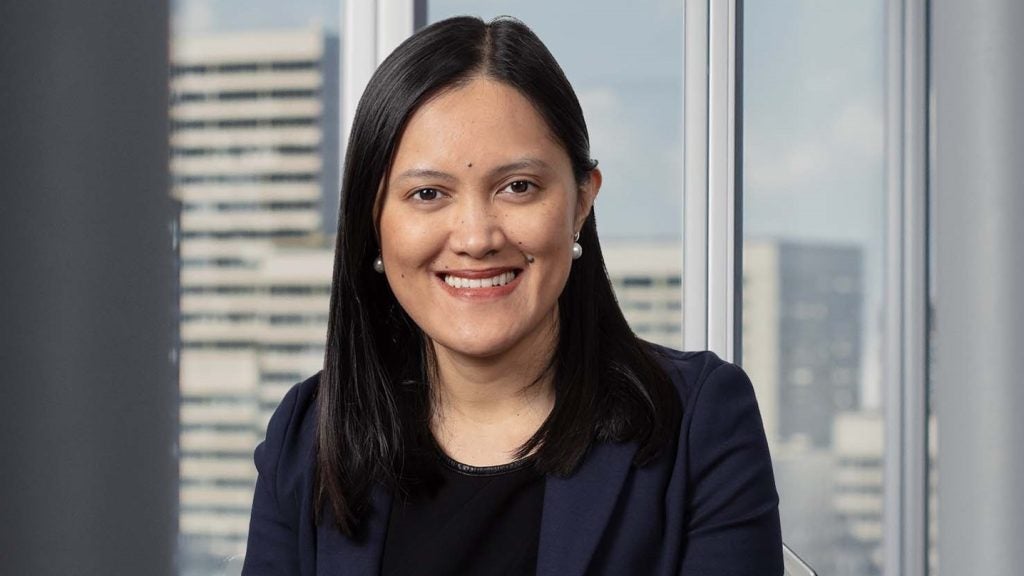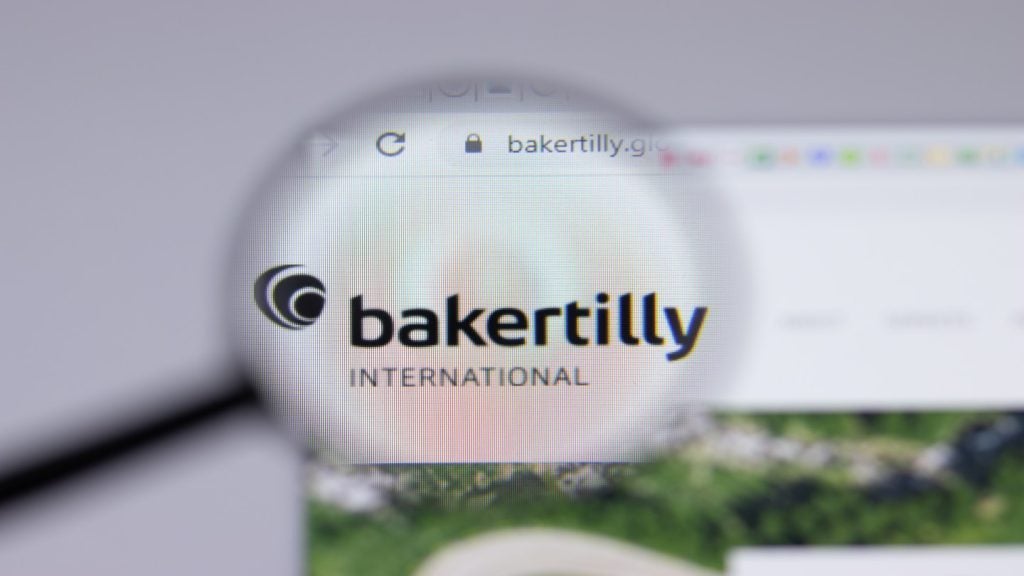The coronavirus outbreak has spread to businesses, leaving many around the world counting costs. James Turner, Director , Turner Little comments
Notoriously, known as the Great Lockdown, it’s been affecting the world economy since early this year. The predicted recession is considered to be the steepest economic downturn since the Great Depression.
So, what does that mean for you? James Turner, Director at company formation specialists, Turner Little, suggests “While there’s no fool proof way to ‘recession-proof’ your finances, establishing a solid base now will put you in a better position to weather the storm.”
“Whilst the future of the global economic landscape is simply too complex to predict, it’s not hard to spot imbalances that have built up, as central banks and governments around the world talk about introducing further fiscal stimulus and monetary expansion, the consequences could be significant,” adds James.
A good wealth management agent will recommend starting by saving a substantial cash emergency fund in a high-yield savings account, understanding your spending habits and where you could cut back if you needed to, and establishing your long-term investing strategy now, so you can stick to it.
Invest wisely
How well do you really know your competitors?
Access the most comprehensive Company Profiles on the market, powered by GlobalData. Save hours of research. Gain competitive edge.

Thank you!
Your download email will arrive shortly
Not ready to buy yet? Download a free sample
We are confident about the unique quality of our Company Profiles. However, we want you to make the most beneficial decision for your business, so we offer a free sample that you can download by submitting the below form
By GlobalDataIf you were to solely invest based on the inevitability of a recession, you are likely to miss returns that are immediately available. If you truly want to recession-proof your assets, the best thing to do is develop a long-term strategy and invest wisely.
Diversification still matters
It’s dangerous to pile all your investments into a single sector, including consumer staples. Diversification is especially important during a recession when particular companies and industries can get hammered. Creating a diversified portfolio of assets blended across asset classes—such as fixed income and commodities, in addition to equities, sectors, geographies and strategies—can also act as a check on portfolio losses.
Build a reserve
To keep your money protected before, during and after a recession, it’s recommended to have an income generation conversation with a financial advisor. This will cover a lot of different topics, but one of the most important is the emergency fund. You’ve likely heard many times that it’s good to have between three and six months’ worth of living expenses set aside in the event of a job loss, health crisis, or other unforeseen circumstance.






